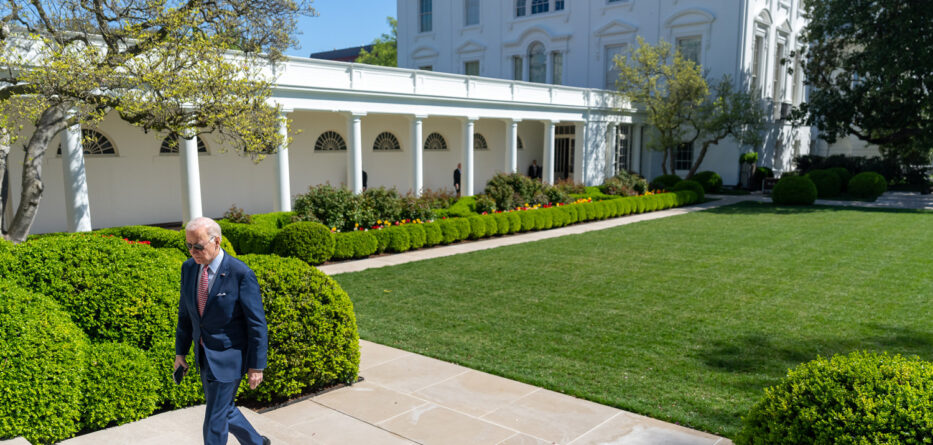It is said that politics is the art of the possible.
And many of the most famous politicians in history have been believers of what was once called “Realpolitik”, a style of doing politics based on practical considerations and common sense, rather than on ideological or doctrinal dogmas.
One of the disciples of that political philosophy has just turned 100 years old. His name: Henry Kissinger. Despite being a Republican, Kissinger recommended a rapprochement with China to Richard Nixon, which included a presidential visit in 1973 and prompted the historic détente with America’s existential enemy: the Soviet Union.
Through that lens we must view the bipartisan agreement on the debt ceiling.
Republican leader Kevin McCarthy ignored his most radical wing, which wanted deep cuts to necessary social programs for the most vulnerable in our society and agreed to keep, for example, 400 billion dollars for student debt forgiveness.
President Joe Biden, on his side, ignored the demands of his most progressive caucus, which categorically rejected the Republicans’ negotiating position of conditioning discretionary budget spending.
At the time of writing this column, it was clear that the bipartisan agreement could only succeed if it was supported by a coalition of moderate Republicans and Democrats, capable of obtaining the necessary majorities in the House of Representatives and the Senate.
Biden and McCarthy have given us an example of pragmatism: they defended their political principles as much as possible, but in the end, they had to be flexible to find a middle ground.
Both were aware that the impact of a historic default could have catastrophic consequences for the US economy.
Neither the most radical Republican wing, united in the so-called Freedom Caucus of the House of Representatives, nor the most liberal sector of the Democrats, gathered in their Progressive Caucus, were happy with the outcome of the negotiations.
But in moments of critical decisions, a logic of national interest must always prevail, above partisan, ideological or sectarian interests.
It is true that I could write a long list of clauses of the bipartisan agreement with which I do NOT agree and it is clear that McCarthy outmaneuvered Biden, by forcing him to negotiate key aspects of social spending.
But in the end, the Democratic president and the Republican president of the House of Representatives showed us that in politics the perfect is the enemy of the good, and that beyond the doctrinal differences, there are responsible and patriotic politicians.





